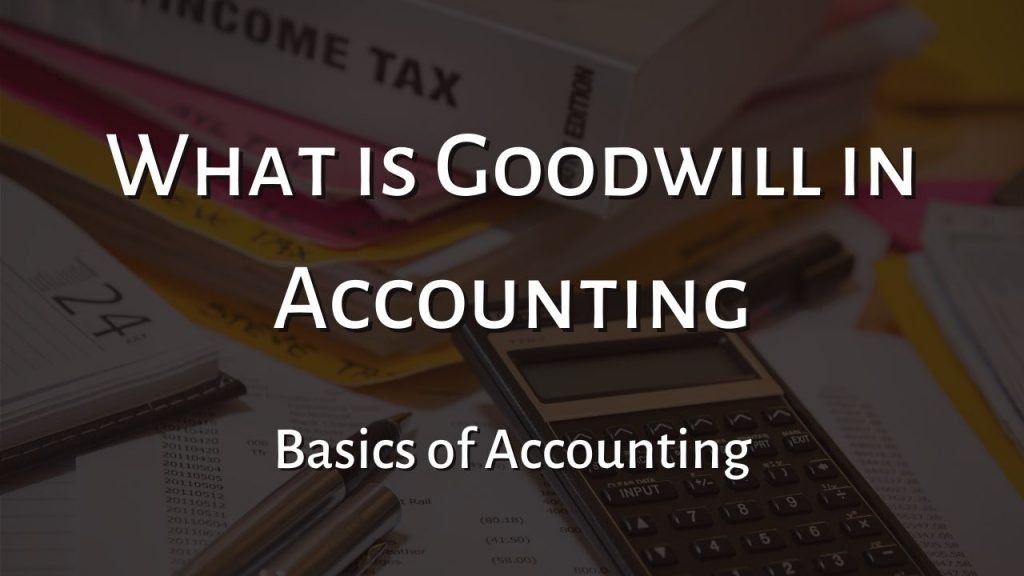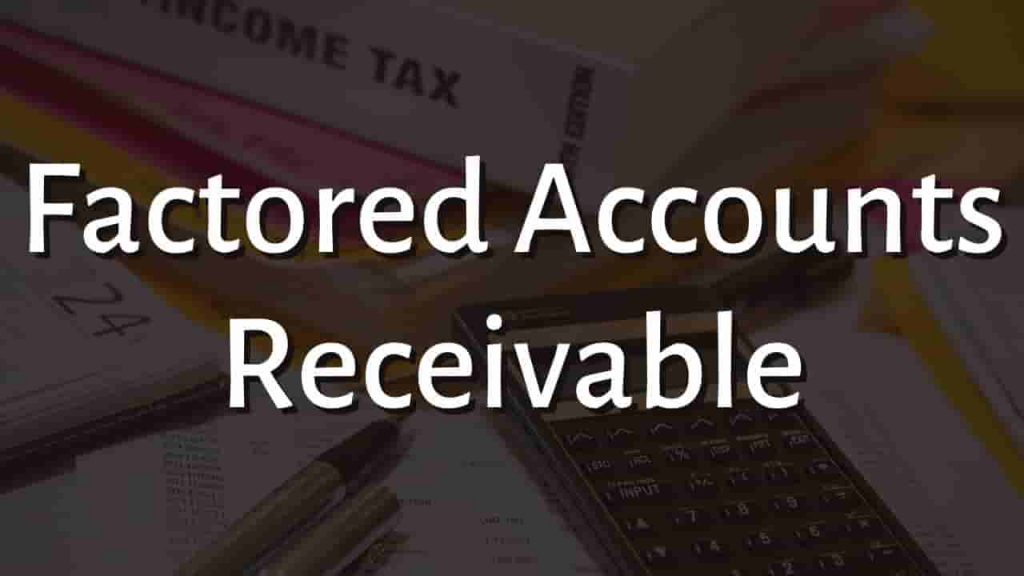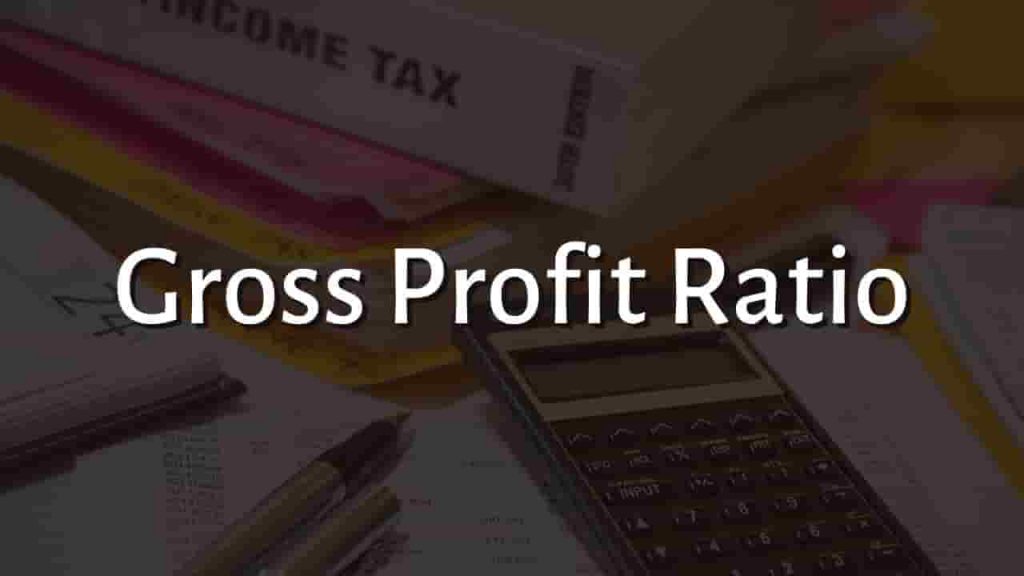What is Managerial Accounting?
Management accounting is a modern accounting concept that functions as a management tool. It is concerned with any information that may be valuable to management.
CIMA describes management accounting as “the presenting of accounting information in such a way as to assist management in the establishment of policies and in the day-to-day running of an organisation.”
So, management accounting provides information for management operations such as planning, controlling, decision-making, etc.
Thus, managerial accounting may be defined as any accounting information that helps a corporation run more efficiently.
The main functions of managerial accounting are to produce value via values. It means that management accountants must retain an uncompromising commitment to ethical standards while using their expertise and abilities to influence choices that provide value to the organization’s stakeholders.
These abilities include risk management and strategy implementation through planning, budgeting, forecasting, and decision support.
What Do Management Accountants Do?
Managerial accountants are a strategic business partner who knows the company’s financial and operational characteristics. They study and publish not just financial metrics, but also non-financial metrics such as process performance and corporate social performance.
A managerial accountant’s responsibilities also include progressive profitability, a focus on customers and their happiness, staff learning and satisfaction, and environmental leadership.
Functions of Managerial Accounting
Apart from various other functions, management accounting in businesses might be charged with the following primary functions.
1. Determination of product and service costs in a way that reflects the true cost of such a diverse range of items.
2. Establishment of product and service prices that are competitive and provide a suitable profit for the business.
3. Periodic evaluation and suggestion of pricing modifications for products and services in order to survive and compete in the market.
4. Preparation of performance assessment reports for the concerned management pertaining to an organization’s production, marketing, procurement, and administration.
5. Creating a management information system to ensure an intermittent flow of reports.
6. Overseeing the overall activity of the organization’s departments.
7. Maintaining surveillance and reporting on the exploitation of the undertaking’s available technical resources.
8. Assisting management in developing short-term and long-term (strategic) company strategies.
Control Cycle of Managerial Accounting
The figure below illustrates the interaction between planning, leading and motivating, managing, and performance assessment in an organization for decision making. The deployment of these services is geared at management decision-making based on managerial accounting recommendations.

Difference between Financial Accounting and Managerial Accounting
| Financial Accounting | Managerial Accounting |
| Reports to outsiders, owners, lenders, tax authorities, and regulators, etc. | Reports to the inside manager for planning, leading, and motivating, as well as managing and evaluating performance. |
| Financial outcomes from previous efforts are summarized. | The emphasis is on decisions that impact the future. |
| Data objectivity and verifiability are emphasized. | Relevance is prioritized in order to find relevant solutions to the challenges at hand. |
| Precision in data reporting is necessary. | Timeliness is essential. |
| Only aggregated data for the entire company is used. | Departments, goods, consumers, and workers have detailed segment reports generated. |
| GAAP must be followed. | Comply with all management requirements. |
| External reports are required on a yearly and semiannual basis. | Management has discretion for whatever duration necessary. |
Management Accountants’ Ethical Code of Conduct
The Institute of Management Accountants (IMA), the biggest professional body focusing on internal accounting in the United States, created several ethical professional practices statements (2000) for adoption, which are mentioned below.
Principles:
Honesty, Fairness, Objectivity, and Responsibility are the overarching ethical values of the IMA. Members must act in line with these values and urge others in their organizations to do the same.
Failure to comply with the following standards by a member may result in disciplinary action.
1. Competence
Each member is responsible for:
- Maintaining an adequate degree of professional expertise via continuous development of knowledge and skills.
- Carry out professional responsibilities in line with applicable laws, rules, and technical standards.
- Provide accurate, clear, simple, and timely decision support information and suggestions.
- Recognize and express professional limitations or other constraints that might prevent responsible judgment or successful activity performance.
2. Confidentiality
Each member is responsible for the following:
- Keeping information secret except when allowed or legally needed.
- Inform all relevant parties about the proper use of sensitive information and monitor the activities of subordinates to guarantee compliance.
- Avoid utilizing sensitive information for unethical or unlawful gain.
3. Integrity
Each member is responsible for:
- Reduce the likelihood of genuine conflicts of interest. Maintain regular contact with business colleagues to avoid seeming conflicts of interest. Inform all parties about any possible conflicts.
- Avoid any behaviour that may jeopardize your ability to carry out your obligations ethically.
- Avoid participating in or supporting any action that might bring the profession into disrepute.
4. Credibility
Each member is responsible for:
- Communicate facts in a fair and objective manner.
- Make available any relevant information that may reasonably be expected to impact an intended user’s comprehension of the reports, analyses, or recommendations.
- In accordance with organization policy and/or relevant legislation, disclose any delays or problems in information timeliness, processing, or internal controls.
We also have:
Generally Accepted Accounting Principles (GAAP)
For more click here and if you are looking for full forms of different acronyms and words then check out this list you really gonna find this helpful. We also have an Essay on every topic, Check the complete list here. If you are Studying in Matric Free Video Lectures of Maths, Physics and English are here, and we have got you covered for I.COM Business Maths also.







